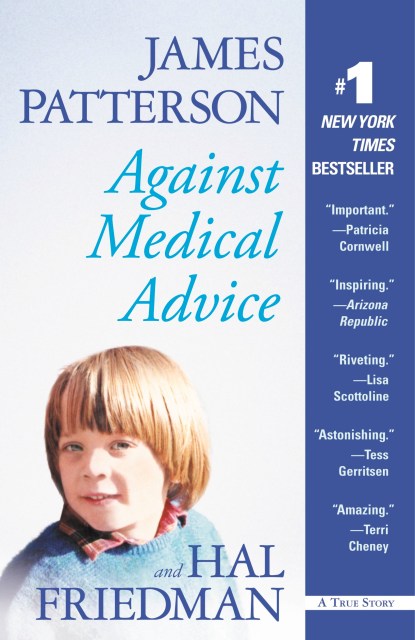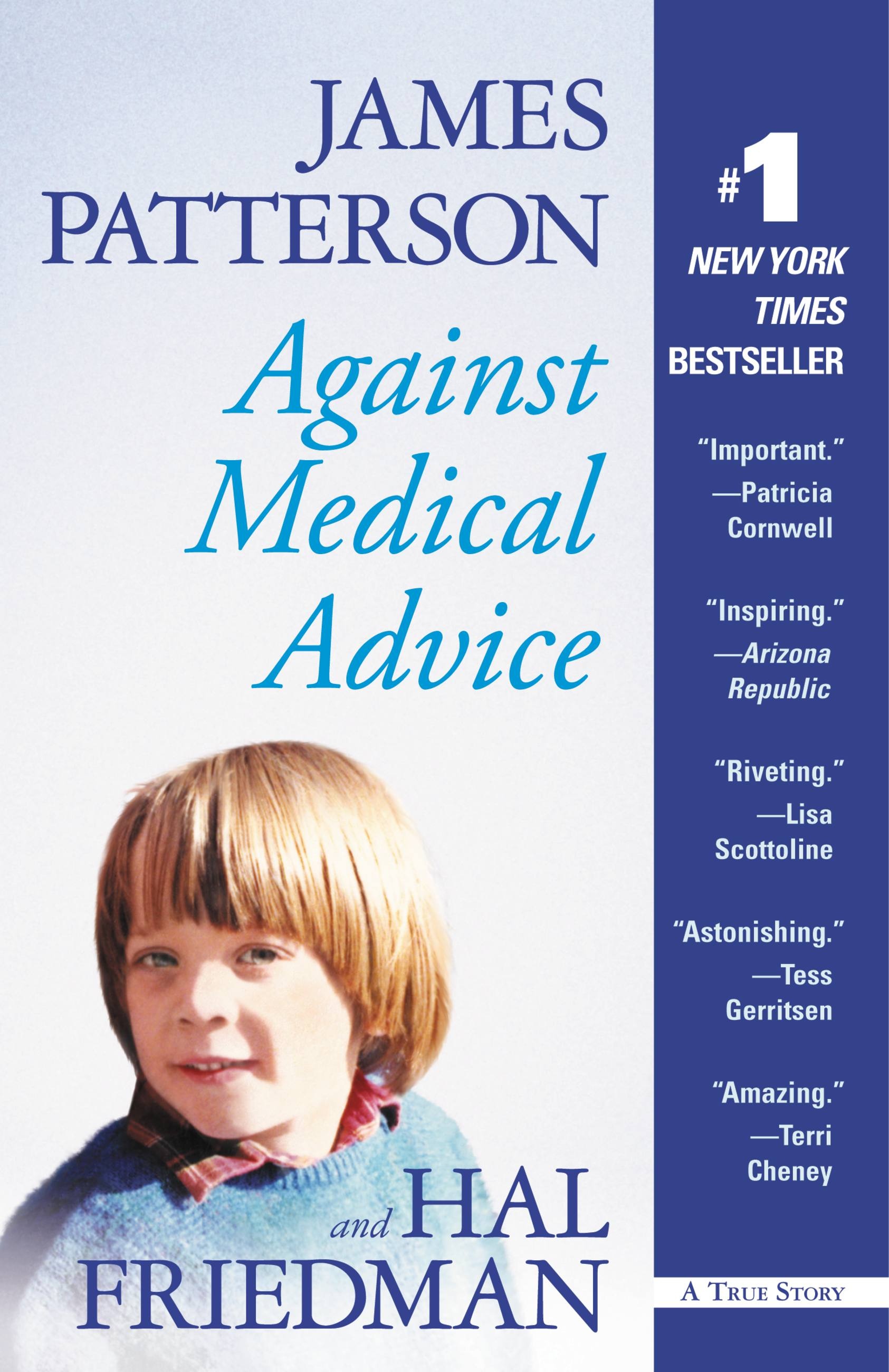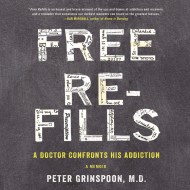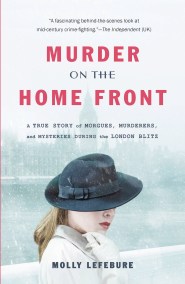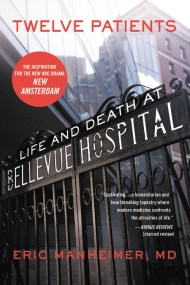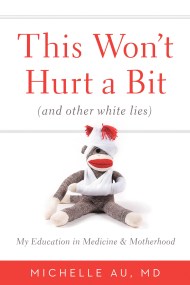By clicking “Accept,” you agree to the use of cookies and similar technologies on your device as set forth in our Cookie Policy and our Privacy Policy. Please note that certain cookies are essential for this website to function properly and do not require user consent to be deployed.
Against Medical Advice
Contributors
By Hal Friedman
Formats and Prices
- On Sale
- Sep 15, 2009
- Page Count
- 320 pages
- Publisher
- Grand Central Publishing
- ISBN-13
- 9780446505246
Price
$19.99Price
$25.99 CADFormat
Format:
- Trade Paperback $19.99 $25.99 CAD
- ebook $9.99 $12.99 CAD
- Audiobook Download (Unabridged)
- Audiobook CD (Unabridged) $14.98 $17.98 CAD
This item is a preorder. Your payment method will be charged immediately, and the product is expected to ship on or around September 15, 2009. This date is subject to change due to shipping delays beyond our control.
Buy from Other Retailers:
From the world’s #1 bestselling author, this is the inspiring true story of a child struggling with Tourette’s syndrome, who overcomes extraordinary challenges with the help of his loving parents.
Cory Friedman woke up one morning when he was five years old with the uncontrollable urge to twitch his neck. From that day forward his life became a hell of irrepressible tics and involuntary utterances, and Cory embarked on an excruciating journey from specialist to specialist to discover the cause of his disease.
Soon it became unclear what tics were symptoms of his disease and what were side effects of the countless combinations of drugs. The only certainty is that it kept getting worse. Simply put: Cory Friedman’s life was a living hell.
Against Medical Advice is the true story of Cory and his family’s decades-long battle for survival in the face of extraordinary difficulties and a maddening medical establishment. It is a heart-rending story of struggle and triumph with a climax as dramatic as any James Patterson thriller.
Cory Friedman woke up one morning when he was five years old with the uncontrollable urge to twitch his neck. From that day forward his life became a hell of irrepressible tics and involuntary utterances, and Cory embarked on an excruciating journey from specialist to specialist to discover the cause of his disease.
Soon it became unclear what tics were symptoms of his disease and what were side effects of the countless combinations of drugs. The only certainty is that it kept getting worse. Simply put: Cory Friedman’s life was a living hell.
Against Medical Advice is the true story of Cory and his family’s decades-long battle for survival in the face of extraordinary difficulties and a maddening medical establishment. It is a heart-rending story of struggle and triumph with a climax as dramatic as any James Patterson thriller.
-
"A disturbing story but ultimately an inspiring one that affirms the power of families to overcome adversity."Arizona Republic
-
"A work of naked truth, as disturbing as it is important...a gift of honesty, huge honesty, and hope, and a reminder that against all medical advice and odds, human beings can prevail."Patricia Cornwell, author of Portrait of a Killer
-
"A true story that reads like the most riveting of page-turners."Lisa Scottoline, author of Lady Killer
-
"Harrowing and heartbreaking . . . a story of astonishing courage. This book stands as a testament to the amazing power of one family's unconditional love for each other."Tess Gerritsen, author of The Bone Garden
Newsletter Signup
By clicking ‘Sign Up,’ I acknowledge that I have read and agree to Hachette Book Group’s Privacy Policy and Terms of Use
